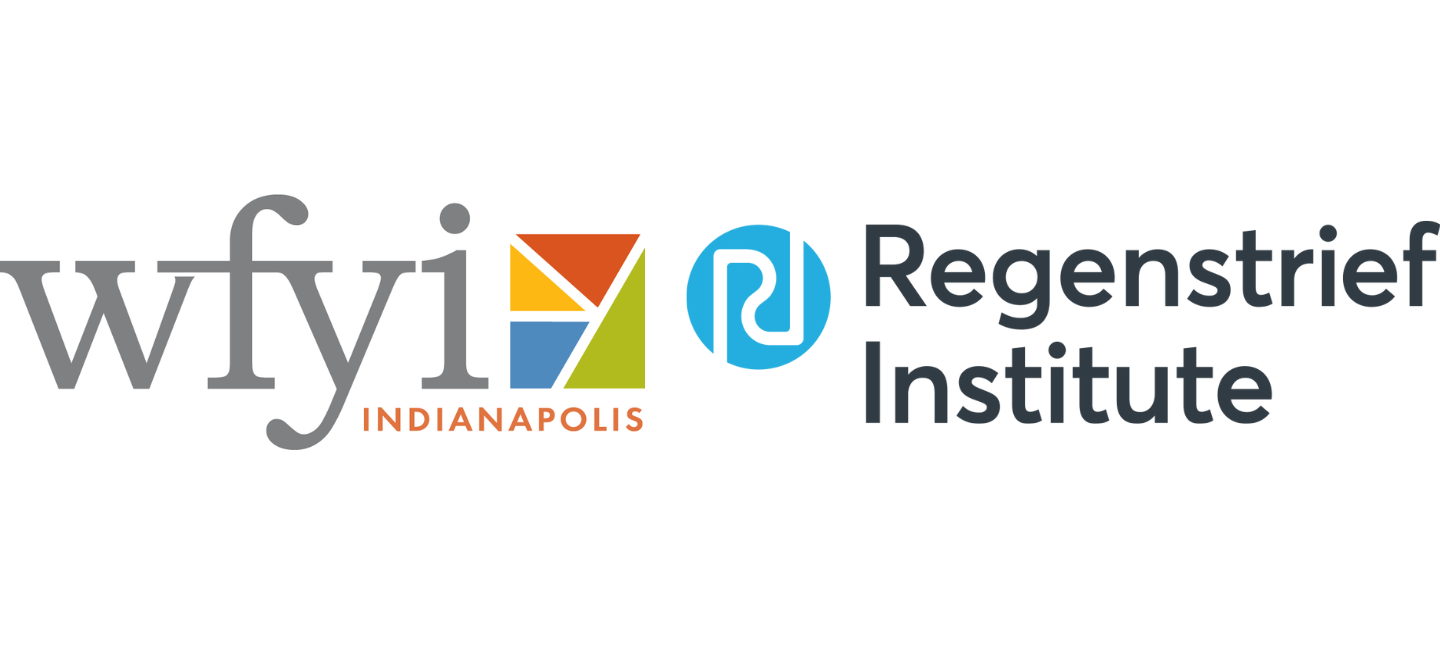Nation’s health and biomedical informatics professionals announce 2019 initiative to build on these recommendations and better operationalize scientific discovery for patient care.
Editor’s note: Peter Embi, MD, MS, FACP, FACMI, FAMIA, is the lead author on this paper. He is the president and chief executive officer of Regenstrief Institute, in addition to the board chairman of the American Medical Informatics Association.
BETHESDA, MD – The U.S. must accelerate efforts to better align clinical research and clinical care to optimize our national investment in health information technology, according to a new paper from the American Medical Informatics Association (AMIA) in JAMIA Open. The paper offers more than a dozen recommendations for public policy to facilitate the generation of evidence across physician offices and hospitals now that the adoption of electronic health records (EHRs) is widespread.
“As a consequence of the almost universal adoption of EHRs in the United States (US), ‘data-driven’ healthcare—long considered merely theoretical—is now within reach and holds great promise,” the paper begins. “However, despite the unprecedented volumes of clinical data generated each day across hospitals, physician offices, urgent care facilities, and neighborhood walk-in clinics, the ability to leverage these data to increase our knowledge of health and disease and drive improvements in care remain overwhelmingly unrealized.”
Identifying barriers to this challenge and offering policy recommendations to overcome these barriers was the task of a recent AMIA Policy Meeting focused on “evidence-generating medicine,” or EGM. The concept of EGM is the “systematic incorporation of research and quality improvement considerations into the organization and practice of healthcare in order to advance biomedical science and thereby improve the health of individuals and populations.”
“Increasingly, clinical care activities generate the data foundations for biomedical and health services research,” said paper lead author and AMIA Board Chair, Peter J. Embi, MD, MS, FACP, FACMI, FAMIA, President and CEO, Regenstrief Institute. “If we are to realize the promise of our national investment in health IT, we must reimagine how research relates to clinical practice – and vice versa – so that we can learn systematically from each healthcare encounter, facilitate biomedical discovery, and advance our collective understanding of health. This is core to evidence-generating medicine and the creation of learning health systems.”
The focus of the paper’s recommendations is divided into three related parts: (1) Nodes: Policies needed to facilitate evidence generation at the local level; (2) Networks: Policies needed to facilitate clinical research across organizations; and (3) Sustainability: Policies needed to maintain a national research ecosystem. The policy recommendations offered through these perspectives are meant to be self-reinforcing and part of a virtuous cycle meant to enable learning health system(s) – locally, regionally, and at a national level.
In order to generate evidence at the local level, clinicians, patients, and health system leaders must be incentivized to engage in research activities, the authors note. “Federal policies should incentivize health systems and clinicians to engage in research activities through reimbursement policies, funding announcements, and other organizational incentives.” Patients and clinicians should also be able to influence research focus areas/designs and they should have access to research results to which they contributed time and effort.
Beyond incentives, the administration must faithfully implement regulations important to facilitate research and enact provisions of the 21st Century Cures Act of 2016 to facilitate evidence generation at the local level. For instance, revisions to the Federal Protections for Human Subjects Research, known as the Common Rule, were finalized in early 2017 and enforcement of these changes have been delayed by more than a year. Similarly, the Research Policy Board, established by the Cures Act to better calibrate and harmonize our sprawling regime of federal research regulations, has not been formed.
Finally, evidence generation at the local level must rely on robust, standards-based EHRs and health IT that can provide patients with access to their complete medical record. Consistent with an announcement made by AMIA and AHIMA in December 2018, the paper authors recommend that, “The HHS Office of Civil Rights (OCR) should refine the definition of a HIPAA Designated Record Set (DRS) and [the Office of the National Coordinator for Health IT] should explore ways to allow patients to have a full digital export of their structured and unstructured data within a Covered Entity’s DRS in order to share their data for research.”
The paper also articulates recommendations for clinical research across organizations and offers ideas for federal funders to think about sustaining national-level research networks, such as the Patient-Centered Outcomes Research Institute.
To facilitate clinical research across organizations, federal policymakers must support a workforce that understands and can leverage informatics tools and methods. Informatics training programs at the National Library of Medicine, Agency for Healthcare Research and Quality, and other agencies should be expanded, and clinical informatics fellowships made possible through CMS funding of graduate medical education training should be increased. Additionally, minimum levels of informatics competencies should be represented with all Institutional Research Boards and appropriate National Institute of Health grant review panels.
Finally, the paper also identifies a number of promising federal research efforts, such as the NIH Health Care Systems Research Collaboratory, the All of Us Research Program, and the National Center for Data to Health program managed by the National Center for Advancing Translational Science. Authors argue that federal funders see an increasing portion of their research portfolios as strategic investments rather than time-limited projects and coordinate them as such. This means improving cross-agency collaboration and ensuring that disparate funders – including the Department of Veterans Affairs and Department of Defense – work with NIH, CMS, ONC, and the FDA.
“The U.S. is the global leader in biomedical research and we are leading the way towards digitizing our care delivery system for patient care,” said AMIA President and CEO Douglas B. Fridsma, MD, PhD, FACP, FACMI. “We must better integrate these domains through informatics so that we can learn systematically from each healthcare encounter, facilitate biomedical discovery, and advance our collective understanding of health.”
Looking Ahead
As AMIA and the broader health informatics community turns toward the new year, 2019 and 2020 will usher in a transformational period for data-driven research and clinical care.
“Just as the recommendations in this paper sought to help policymakers and stakeholders think about how to implement and use health IT to more effectively and efficiently conduct research,” said Dr. Embi, “we must also consider how to leverage our clinical care, research, and academic institutions to be more responsive to the ever-pressing health needs of patients and populations.”
In 2019, AMIA will build upon the findings of this report and launch a new initiative focused on advancing informatics-enabled improvements for the U.S. healthcare system. A multidisciplinary group of AMIA members will develop a national informatics strategy, policy recommendations, and research agenda to improve (1) how evidence is generated through clinical practice; (2) how that evidence is delivered back into the care continuum; and (3) how our national workforce and organizational structures are best positioned to facilitate informatics-driven transformation in care delivery, clinical research, and population health.
The goal is to complement ongoing, related clinical and research initiatives to ensure that all individuals and populations benefit from the most technologically advanced, evidence-driven, and evidence-generating health system in the world. A report detailing this strategy will be unveiled at a December 2019 conference in Washington, D.C. More details will be forthcoming.
AMIA, the leading professional association for informatics professionals, is the center of action for 5,500 informatics professionals from more than 65 countries. As the voice of the nation’s top biomedical and health informatics professionals, AMIA and its members play a leading role in assessing the effect of health innovations on health policy and advancing the field of informatics. AMIA actively supports five domains in informatics: translational bioinformatics, clinical research informatics, clinical informatics, consumer health informatics, and public health informatics.








